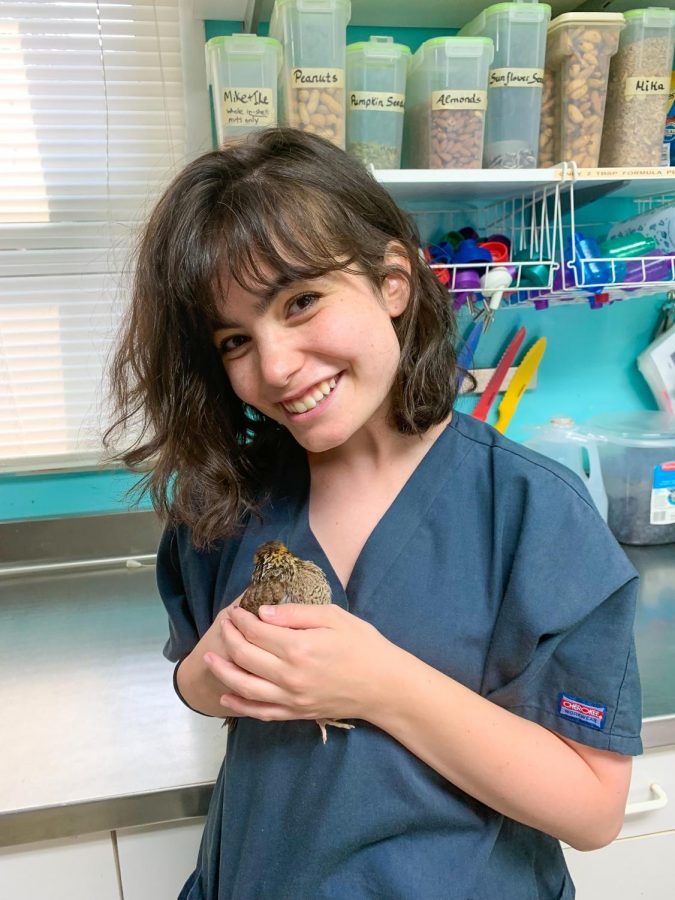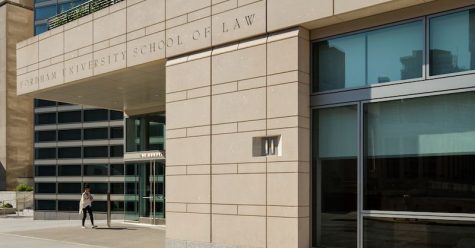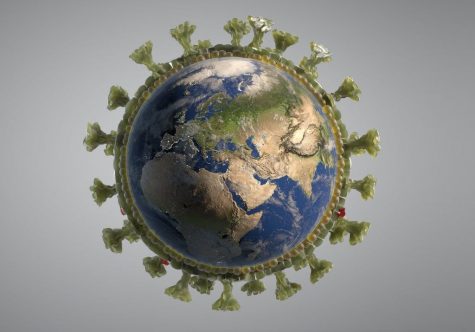Student Researches Malaria Parasite in Pigeon DNA
courtesy of Joanna Moles
Moles holds a Quail at her summer internship that inspired her to start researching pigeons at the Calder Center
October 16, 2019
Starting this semester, Joanna Moles, FCRH ’21, is researching malaria in pigeons at the Calder Center in the Munshie-South lab with Ph.D. candidate Elizabeth Carlen.
The pair are looking for a malaria parasite in pigeon DNA. Moles said they are currently in the beginning phases of research, but once theyfind a way to identify the parasite, their ultimate goal is to look at how it affects factors such as age, sex and location.
Thus far, Moles and Carlen have found that many pigeons have malaria in their DNA. However, Moles said it is an avian parasite—it is composed differently from malaria found in humans and has an unknown effect on pigeons.
She said it is clearly not that bad of an effect, since many of the pigeons are living with it. Since they are in the beginning stages of research, she said right now they are trying to find a way to distinguish between two different lineages of the malaria parasite. She said the pigeons can have either one or both types of parasites.
“It’s important, I feel like to be able to distinguish between the two because there may be differences in the way that they, you know, attack the immune system,” she said. “But we can’t know that if we don’t know how to separate them out to look at them.”
She said Carlen has been researching pigeons for a long time and already has a lot of blood samples that she has taken from pigeons in the wild. Moles said she has not personally done any fieldwork yet, due to the large amount of data already collected.
Moles finds pigeons interesting to study because they are everywhere, and everyone knows you can walk out onto the street and see a lot of them.
“I just think that they’re really interesting because they’re able to survive anywhere that they’re placed,” she said. “They just live in the city, they don’t care if there’s people walking right next to them, they kind of just do their thing.”
By looking at the malaria the pigeons might have, they can determine another factor acting against them. According to Moles, in what one would think is not a very conducive environment for them, many of the pigeons are able to survive.
“I just think they’re really interesting animals because, you know ,people call them the rats of the streets … but they really are fascinating because they can just live,” she said. “Even with all the odds against them.”
Moles said she has only been up to the Calder Center a few times so far, but she has been looking at articles with Carlen and figuring out a procedure for their experiment.
She said she hopes they can be successful in sequencing the DNA, which is what they are working on right now. She said once they figure out how to find the parasite, she looks forward to looking at other factors, what happens to the pigeons and better understanding the disease.
“I’m really interested to see what we can find from this, because you know, in a way, understanding how this disease manifests itself in the pigeon population might be able to help us with other wildlife, or with humans and how these diseases are transmitted,” she said.
Moles said she became involved with this project after interning at a wildlife refuge. She contacted Jason Munshi-South, Ph.D., who runs a lab at the Calder Center, about research opportunities related to wildlife.
“I really wanted to get into research involving animals, and I love wildlife, and I knew that Dr. Munshi-South did a lot of stuff with the Calder Center involving wildlife,” she said. “He has research on rats and pigeons. So I just emailed him, and I was kind of relentless.”
She said Mushie-South happened to know Elizabeth Carlen was looking for an undergrad in her lab, and he paired Moles up with her.
“I feel like it’s important to get involved in research,” she said. “I’m finding that in doing this, I’m not only gaining research experience and learning how to work in a lab in the correct way, but I also gained a really lovely mentor.”
She said Carlen has also been a guide to her through her major because she is very knowledgeable about biology.
“I really look up to her, and I think that it’s important to get involved so that you can kind of have that relationship with somebody that you can look up to here,” she said.








If you want a picture to show with your comment, go get a gravatar.